Celebrating Father's Day with Hit-Boy and Mitchell & Ness


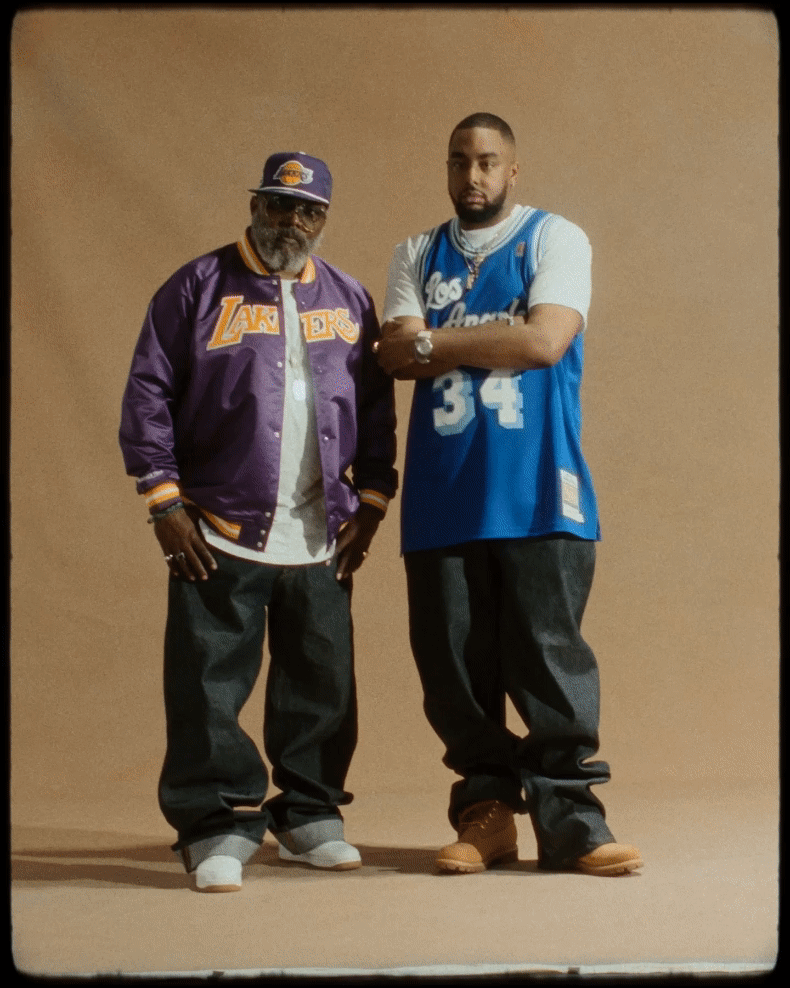
Stay informed on our latest news!




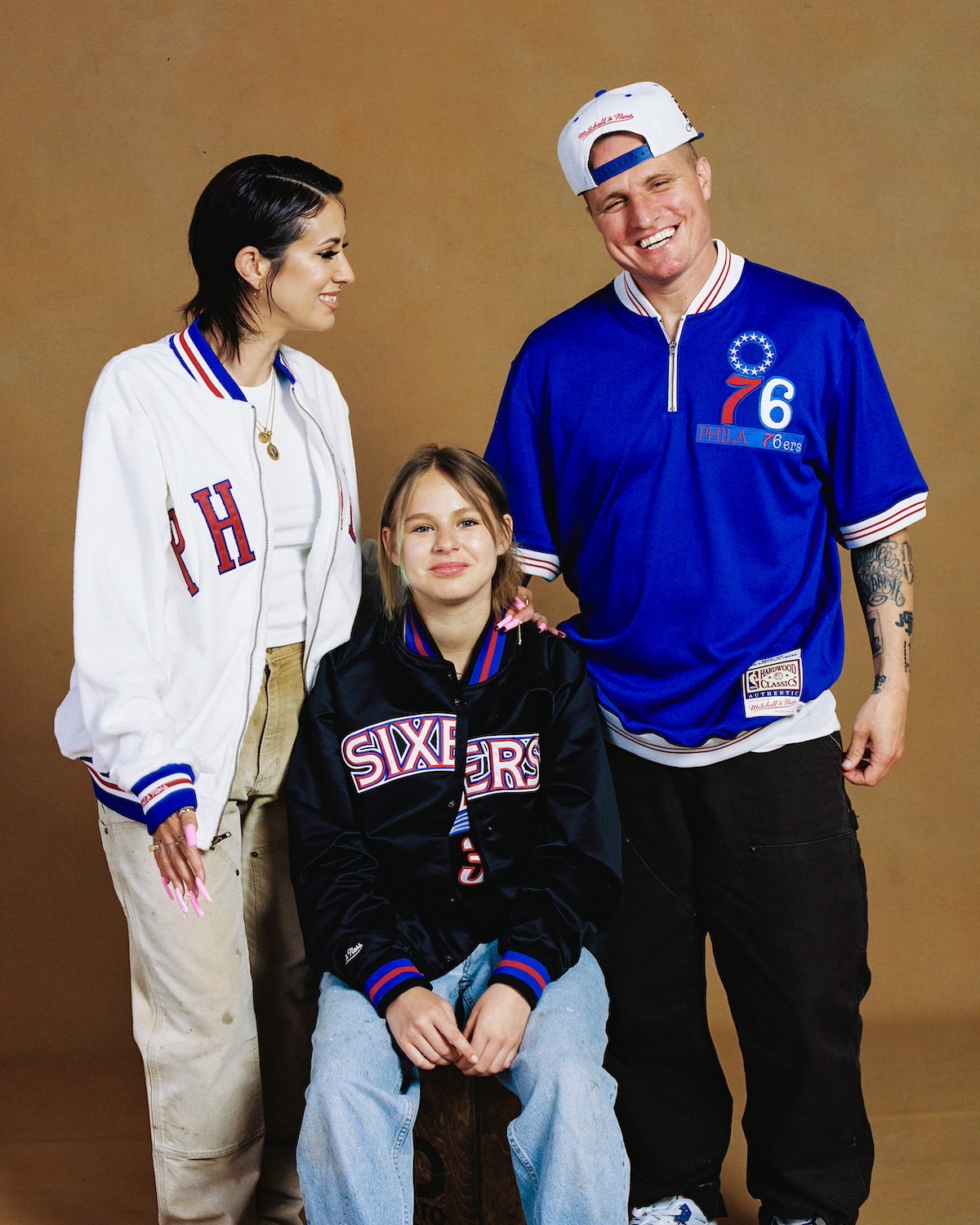



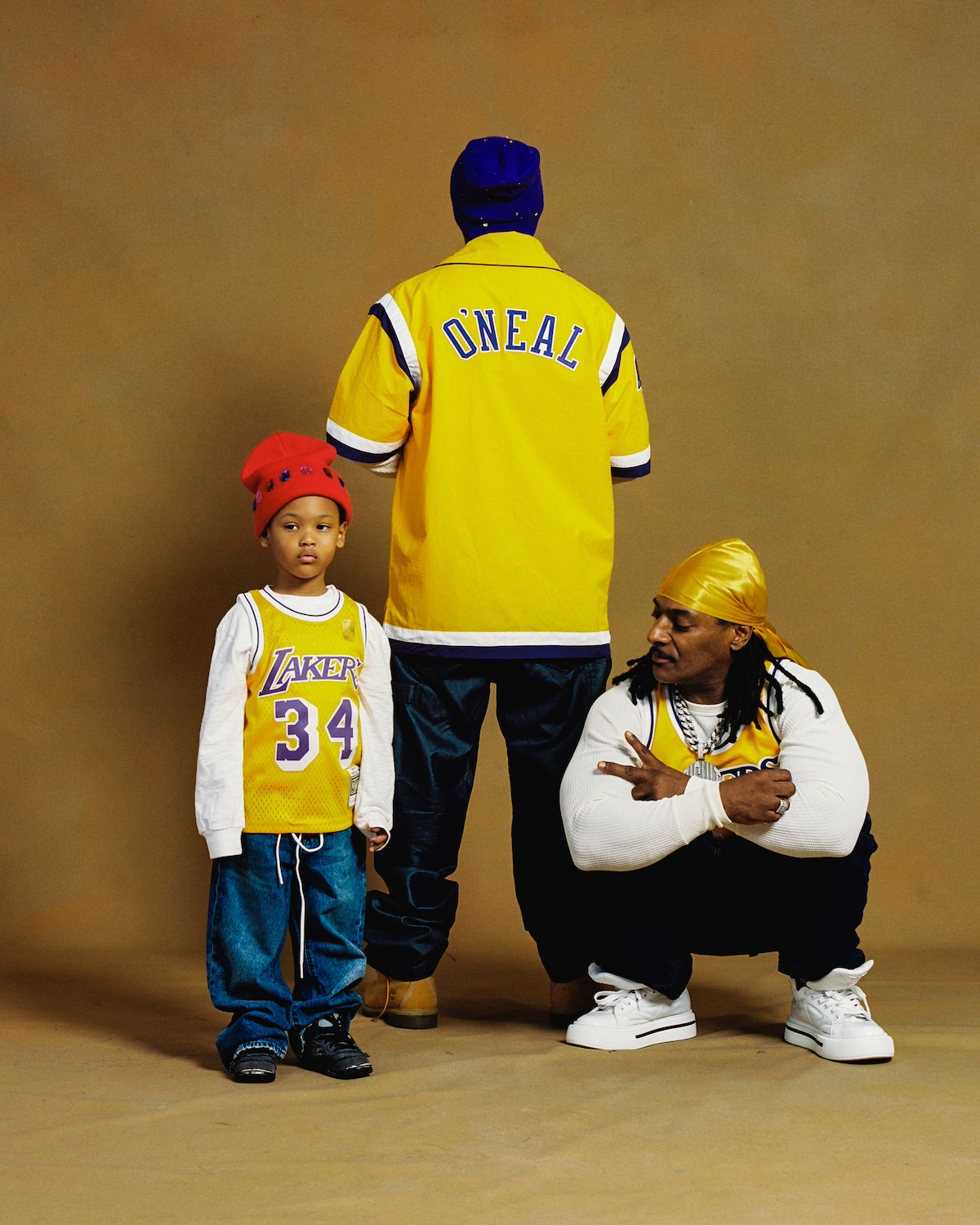
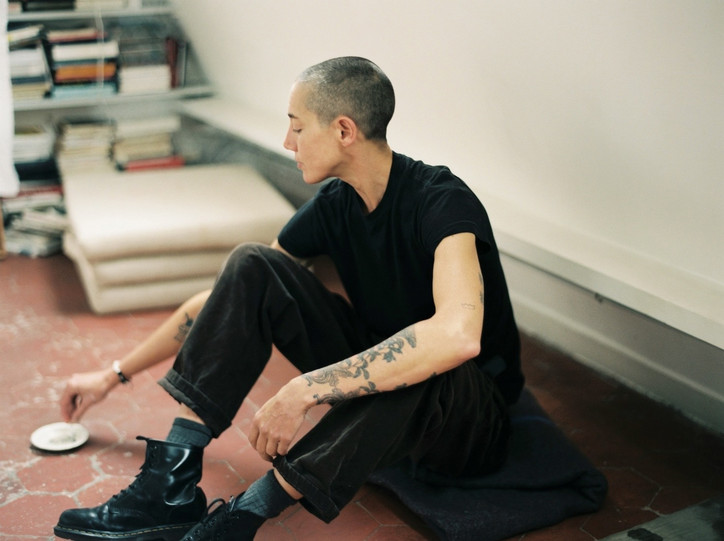
To label Constance Debré an author is not contrary to calling her books autobiographical. It’s equally false and misleading, as askew as labeling Hilma Af Klint an abstractionist, for all I know. Through her writing, Debré calls to a consciousness many seem to have forgotten, now so foreign the language is practically lost, a vocabulary which never really were our own.
By putting her characters at odds with the so-called liberal societal standards, Debré (the lawyer) calls them to the stand only to strip them naked, leaving words dressed in nothing but shame in their conservative shadows. But the magnitude of the work transcends beyond the page, realized only once Debré's readers allow her practice to decolonize their minds just as she undresses her page. However, it is my second belief, they don’t.
“The world of literature should be more free than that other world,” said Debré at Albertine. It was a Sunday when the French book store on Fifth Avenue celebrated the launch of Debré's debut book, Playboy (the American edition), translated by Holly James. French and Americans mingled like yin and yang. As an author, Debré's ambition gains prominence throughout each of her books by acquiring the same weapons — love, sex, family, motherhood — only to have them all slaughter each other on the bourgeois battleground or in the courtroom.
It is no wonder Debré seeks freedom in literature’s alternative reality. The autocracy of her life had been inaccessible, hidden behind a bourgeois background. Perhaps her relentless search for justice made her realize that she deserves some of her own. At the age of forty, she abandoned her marriage, her career, and the bourgeois to become the lesbian writer who tells us about conventions, convictions, constraints. Through a poetic sensibility, she shares her know-how on how to take a piss on the social order’s worn-out contracts.
Debré leaves us with disorder and disorientation, the same could be said about her short talk on Sunday. Yet she does not do so for the sake of simply being provocative, "but because there is truth to be found in looking at things upside down.” Posing questions about what love means without (financial) stability, what family implies once it's not just for the sake of keeping it together, or, if one has to become a victim in order to justify their suffering, Debre’s answer is obviously no, but that’s almost beside the point. Addressing the commodification and acceptance of false values as the absolut is at the core of her work.
Debré’s linguistic efforts towards, not objectivity, but liberty, have a lot in common with the qualities of painterly Suprematism. She sees the world in different, perhaps unfixed, “shapes” and raises her razor sharp eyebrows to the idea of a self: “I’m only using [my life] as material, there is no identity.” Thus she doesn't just approach a theme from “upside down” but she intentionally lets the whole form fall apart, pointing the finger at gravity.
After the presentation, Debré receives questions from the audience. There’s one in particular which stresses her case: “Why is the [previous] book called "Love Me Tender," when it's not exactly about tender love?” Debré can’t seem to escape herself; as a lawyer: stuck in the past, as a writer: trapped in autobiography, as a portrayer of delicate love perceived as fierce. It's a confusion which has little, yet everything, to do with her way of writing.
She prefers the American approach to language because it’s what she refers to as “fat-free,” free of the French ornamentation in her native tongue. But once the fat is gone and the words are beautiful in their selected few, the art coefficient shines bright; Duchamp's definition of the gap between the artist's intention and its audience's realization has never felt as present as when the question above filled the room. The relation between the unexpressed but intended and the unintentionally expressed became crystal clear. “But isn't the relationship just that — tender?” answered Debré.
Debré can continue reforming her shapes, or reshaping her forms, but to some a square will remain a square, while a globe will always be a circle. This isn’t to say that her work, as a literary lawyer, a Suprematist, or simply, as an author, isn’t capable of confronting the conformative, it’s a testimony to the relevance and shortage of work like hers. It’s also an acknowledgement that perhaps a book can indeed only be read by people who know how to read it. However, perceiving it your own way makes you guilty of no crime, as long as it is just that: your own.

Recognizing injustice within food systems across the state, New York artist Dan Colen founded Sky High Farm in 2012. The non-profit farm donates 100% of its produce to food pantries and organizations across the Hudson Valley and New York City, serving as a model with the aim of expanding access to food and promoting food sovereignty. In 2022, Colen co-founded Sky High Farm Universe with Daphne Seybold, a fashion label intended "to propel the farm’s work to the center of the cultural dialogue." Since its inception, the label has produced collections with Dover Street Market Paris and collaborated with retail giants like Balenciaga, Comme des Garçons, Denim Tears, Tata Harper, and Erewhon. A portion of the brand's profits is donated to support the farm's cause, which encompasses philanthropy, capitalism, climate change, social justice, and education.
With host and advisory committees that read like a fashion who's who, including stylist Alastair McKimm, fashion designer Marc Jacobs, model-actress Chloë Sevigny, and actress Tommy Dorfman, it was no surprise when the city's glitterati began to trickle into the sunlit grounds. As attendees settled around the stage, American Ballet Theatre dancer Devon Teauscher set the tone for a series of great performances from DJ Michaël Brun, singers Kelsey Lu and Moses Sumney, and, for the finale, Grammy-winning band The Roots. Volunteers and community members played a crucial role in making the event a success. The proceeds are set to fuel the farm’s future projects, expanding access to fresh, nutritious food across the region. All in all, the picnic was a big success, proving once again that for Sky High Farm, the sky's the limit.
Check out skyhighfarm.com, follow them @skyhighfarmhudsonvalley, and mark your calendar for the next event.






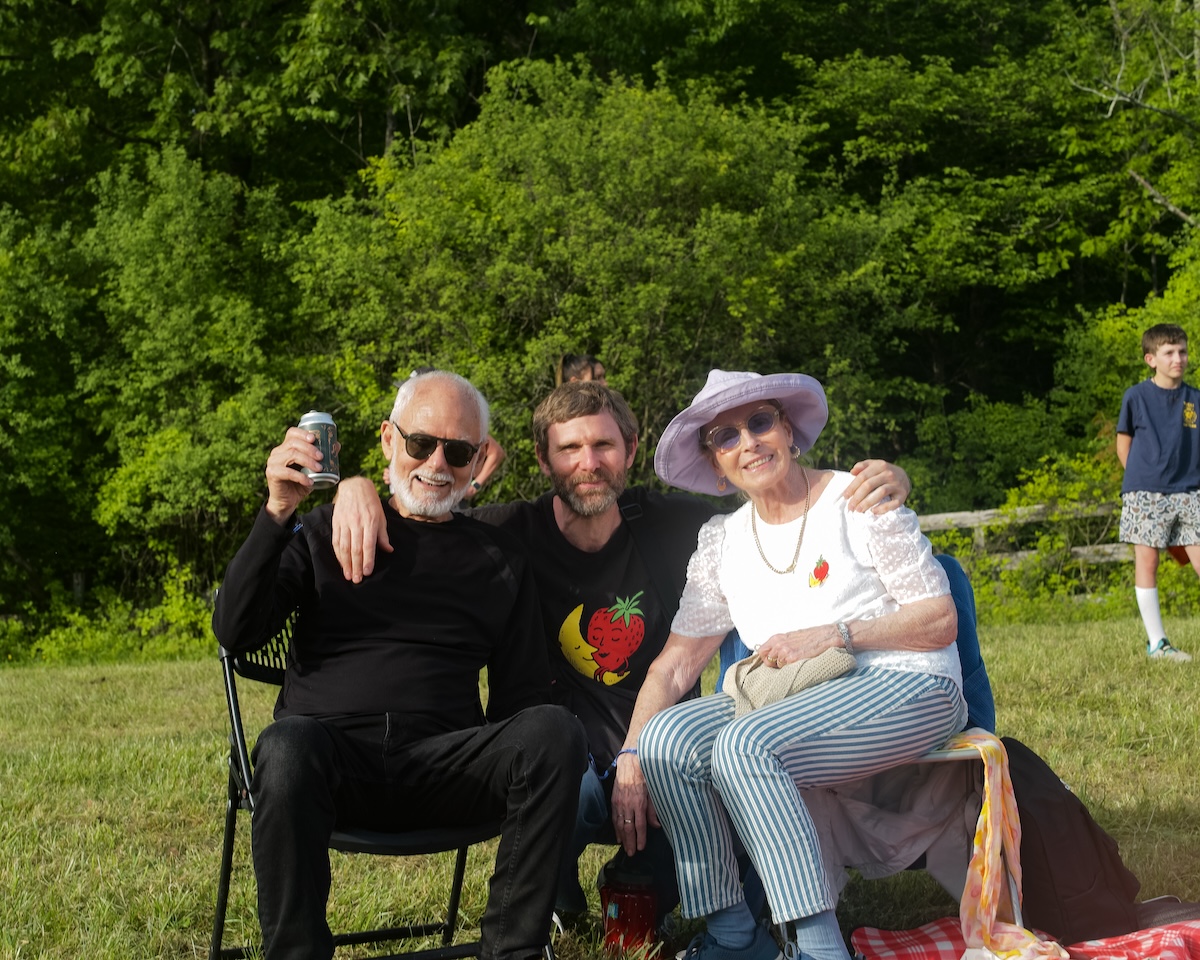
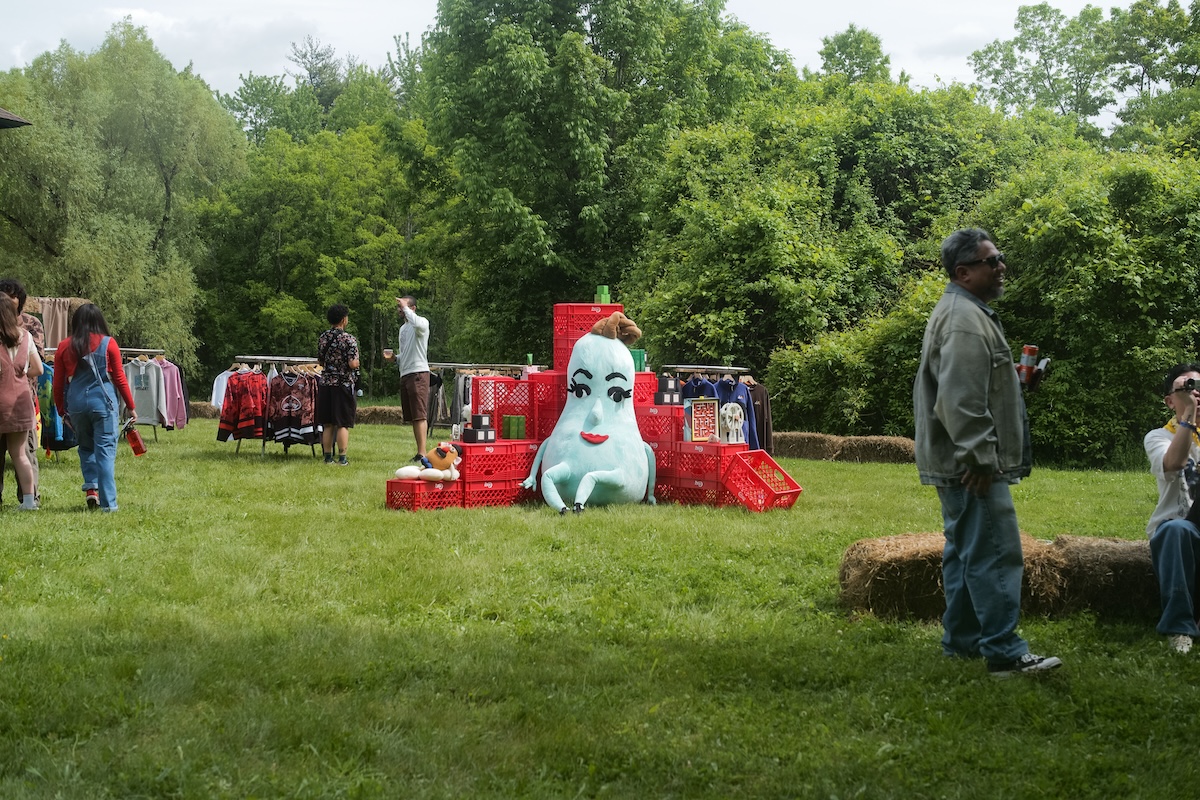



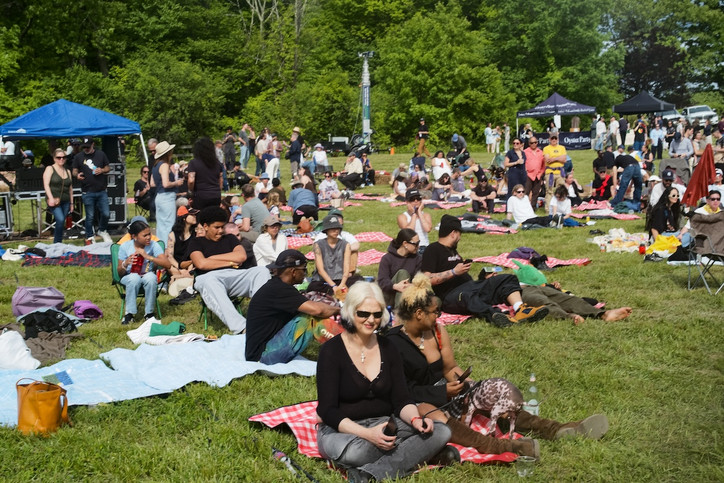

What’s your advice for an office reader coming to a Genesys rave for the first time?
Genesys — Leave any preconceived notions at home and come with an open mind and be ready for an awakening.
How would you describe it?
It's London's egregore of dark ecstasy; the youngest and fastest-growing worldbuilding project in the city. We disseminate post-modern mythopoeia and lore through events, clothing, and music.
What’s the wildest scene you’ve witnessed at one of your raves?
Full-contact rugby match in the smoking area.
How would you describe the magic of Genesys?
Thousands of consciousnesses uniting under one shared vision of a lost future. Misfits from all over the globe finding a space in which we are the majority, where we can forge bonds with one another and form the collectives that will one day define London. Words fail, you just have to be there.
Please explain this ‘Phantom Sun’ tale and what !kia and N/um is?
The Phantom Sun world was inspired by Khoisan tradition, in which there exists a vital energy called N/um. This aggregates during trance rituals and culminates in a euphoric state known as !kia. In the Phantom Sun world, Amaterasu Corporation has constructed a Dyson sphere to better use the sun as a renewable source of energy, which resulted in an anthropogenic solar death. Subsequently, all human souls decay in tandem with the extinguishing of the sun. This effect is known as Soul Rot.
A biotech company synthesizes an artificial human soul into a piece of wearable technology: a N/um generator [a central product in the Genesys ecosystem]. In the Phantom Sun world, Genesys begins to manifest as a Mass Euphoria Event, in which soulless humans gather beneath the dead sun to attain the state of !kia with the help of N/um generators, strobe lights, and Hardcore music.
What is your dream booking for Phantom Sun?
Basshunter, Tiesto, Kenji Kawai or a choir of Maasai Morans.
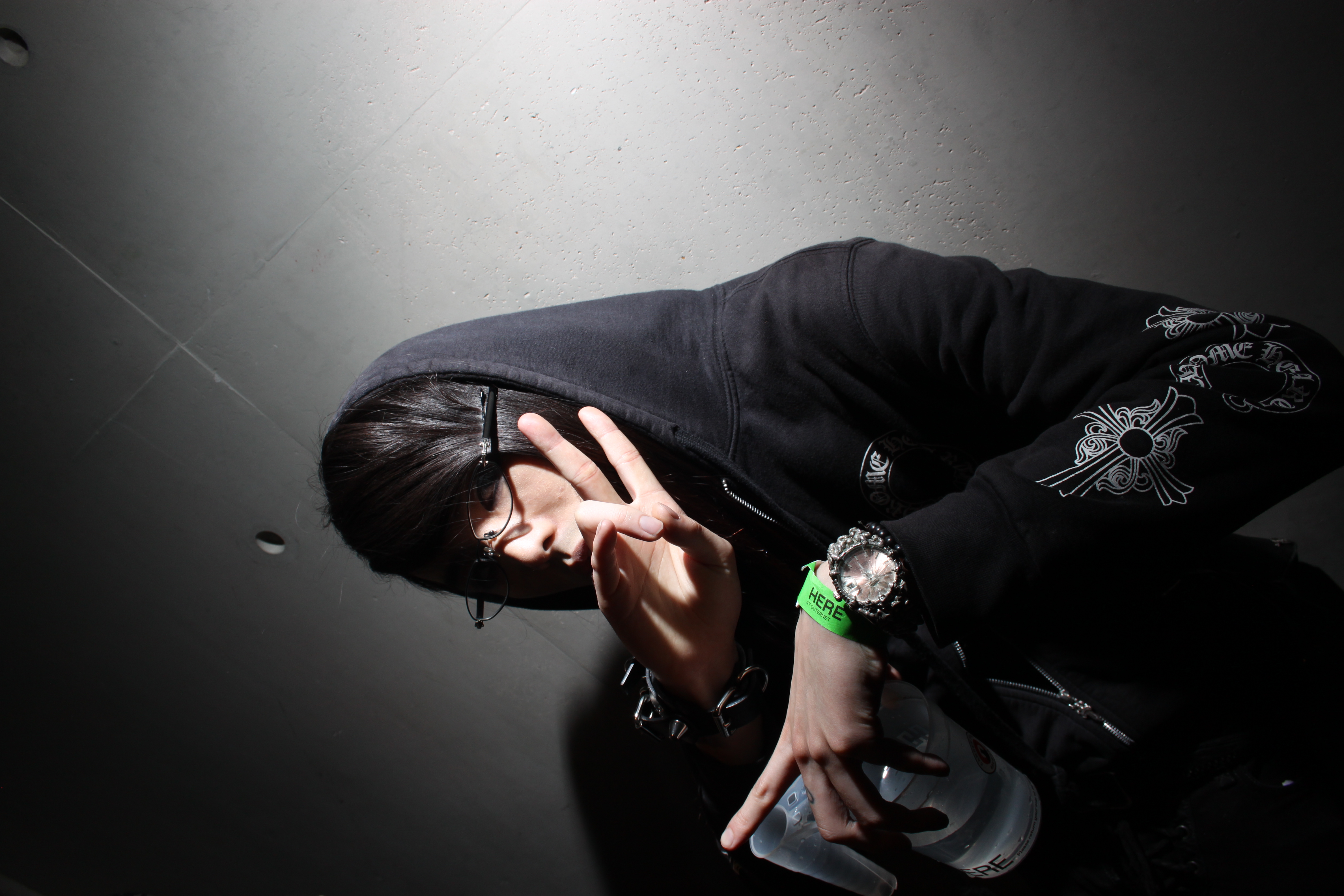
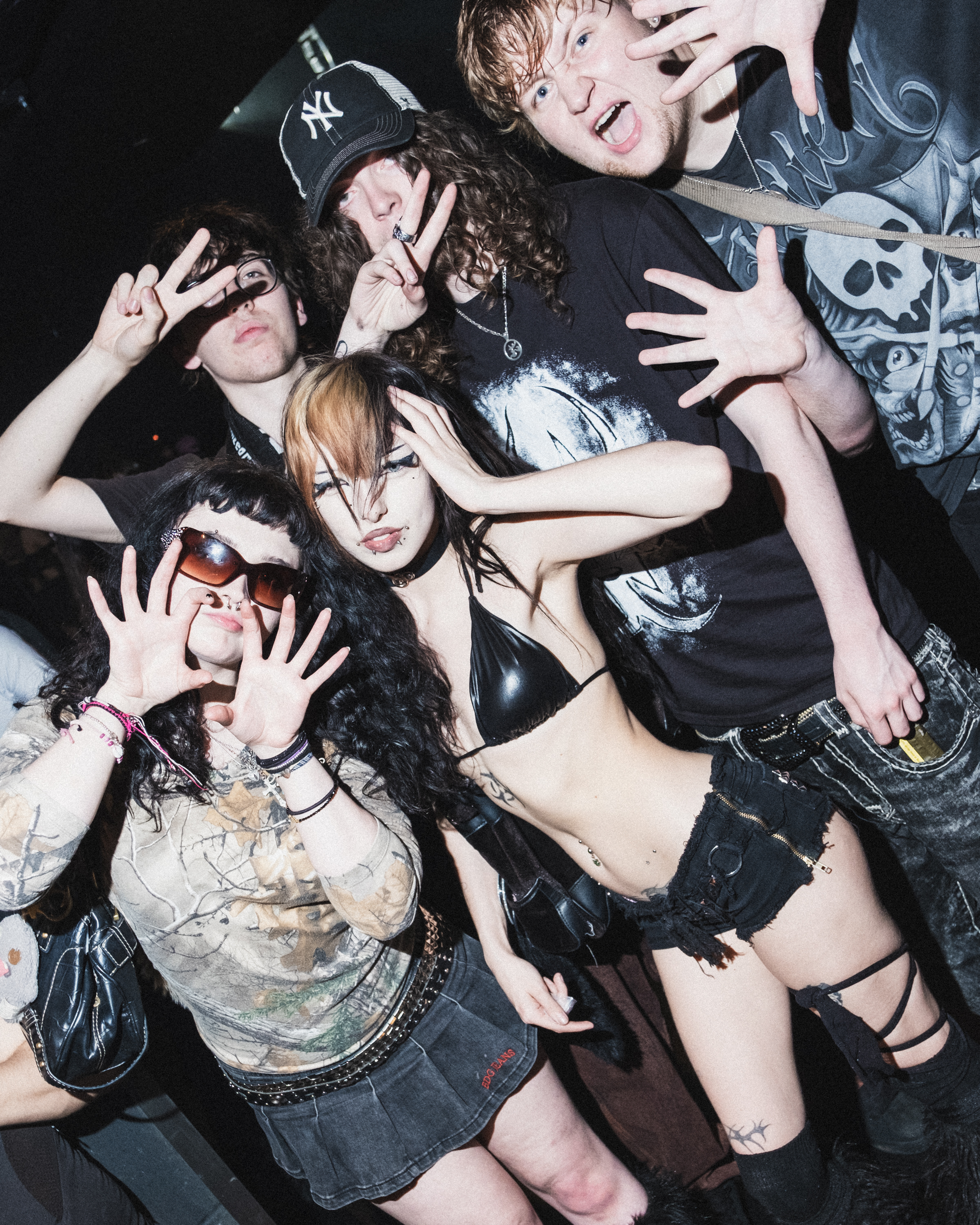
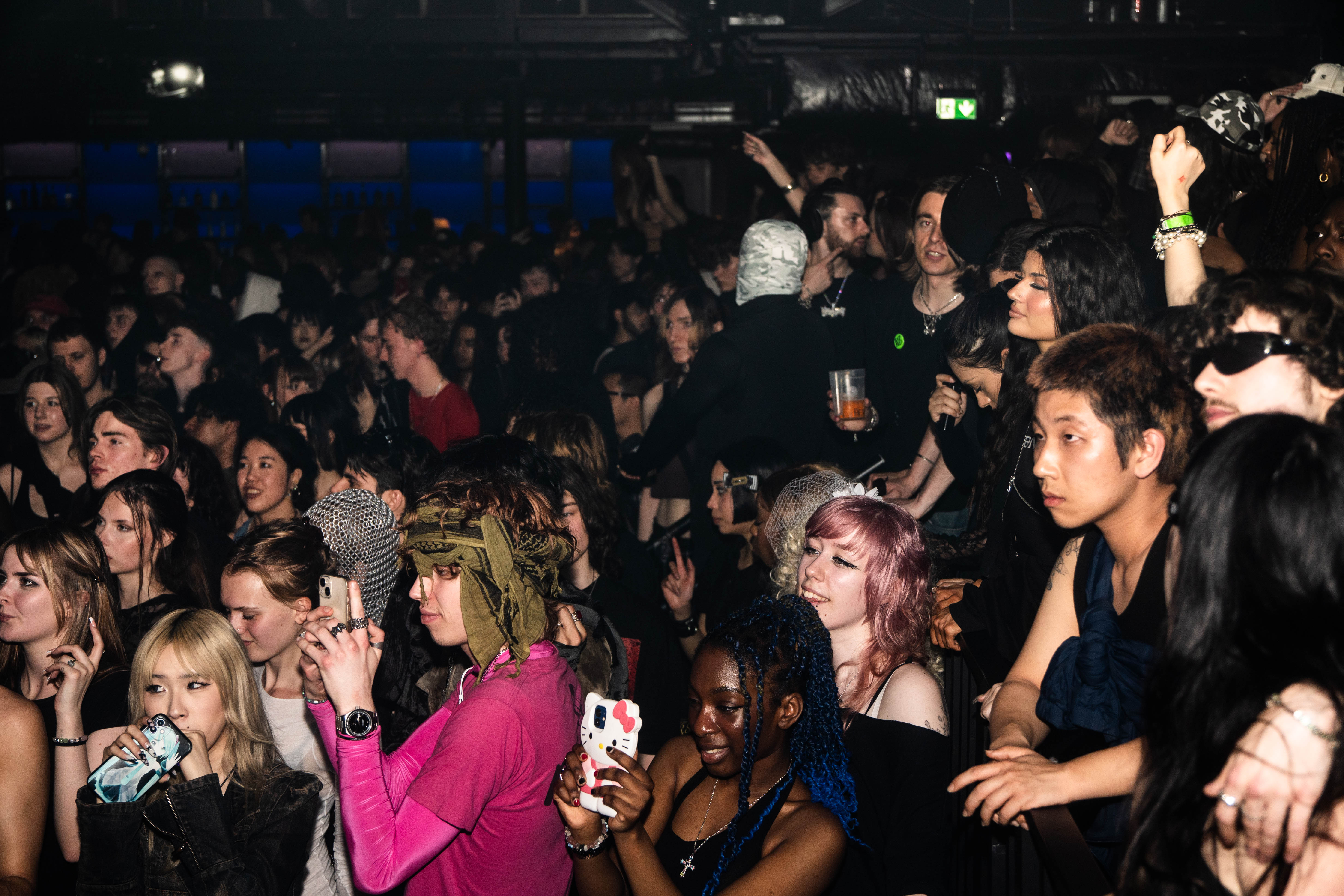
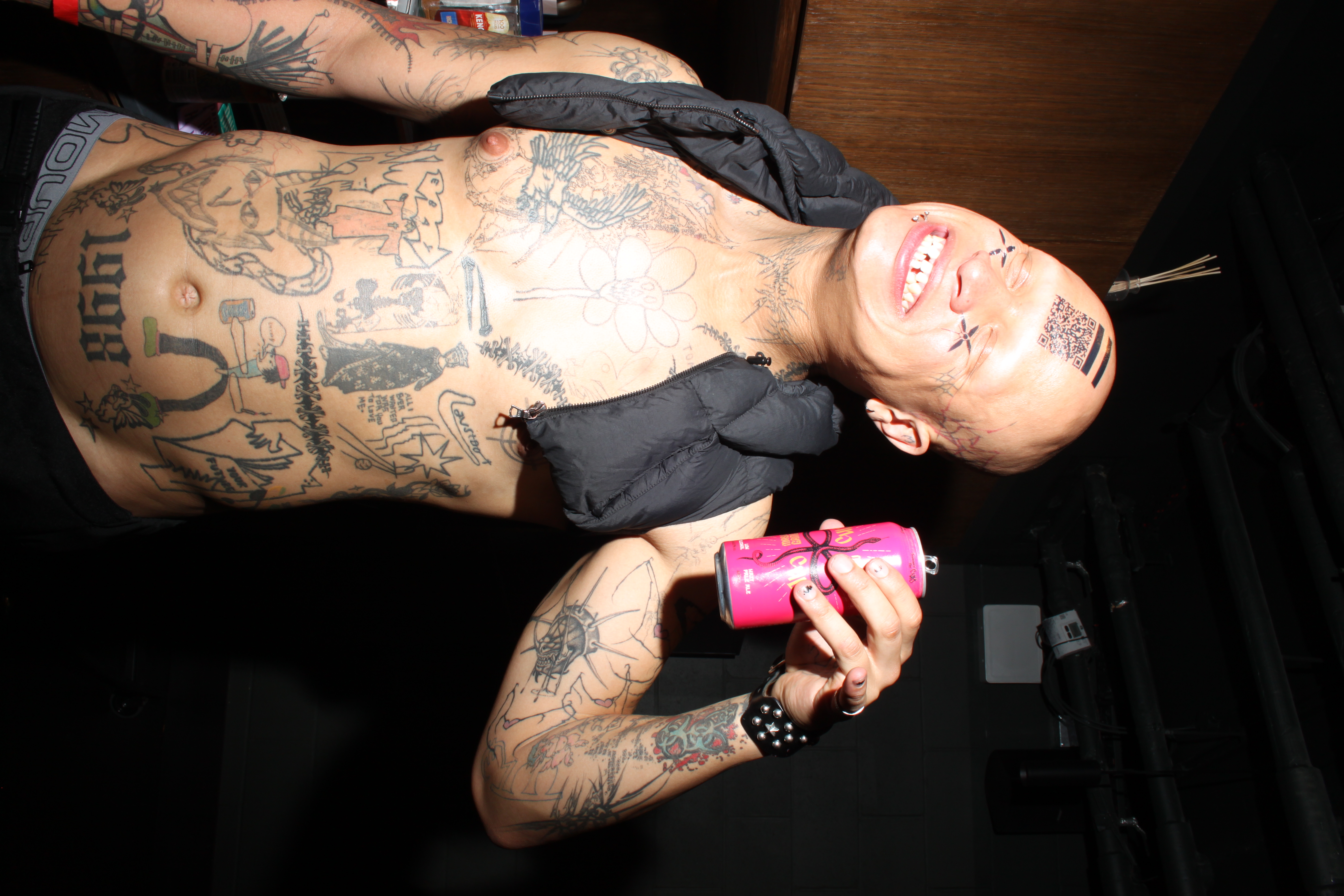
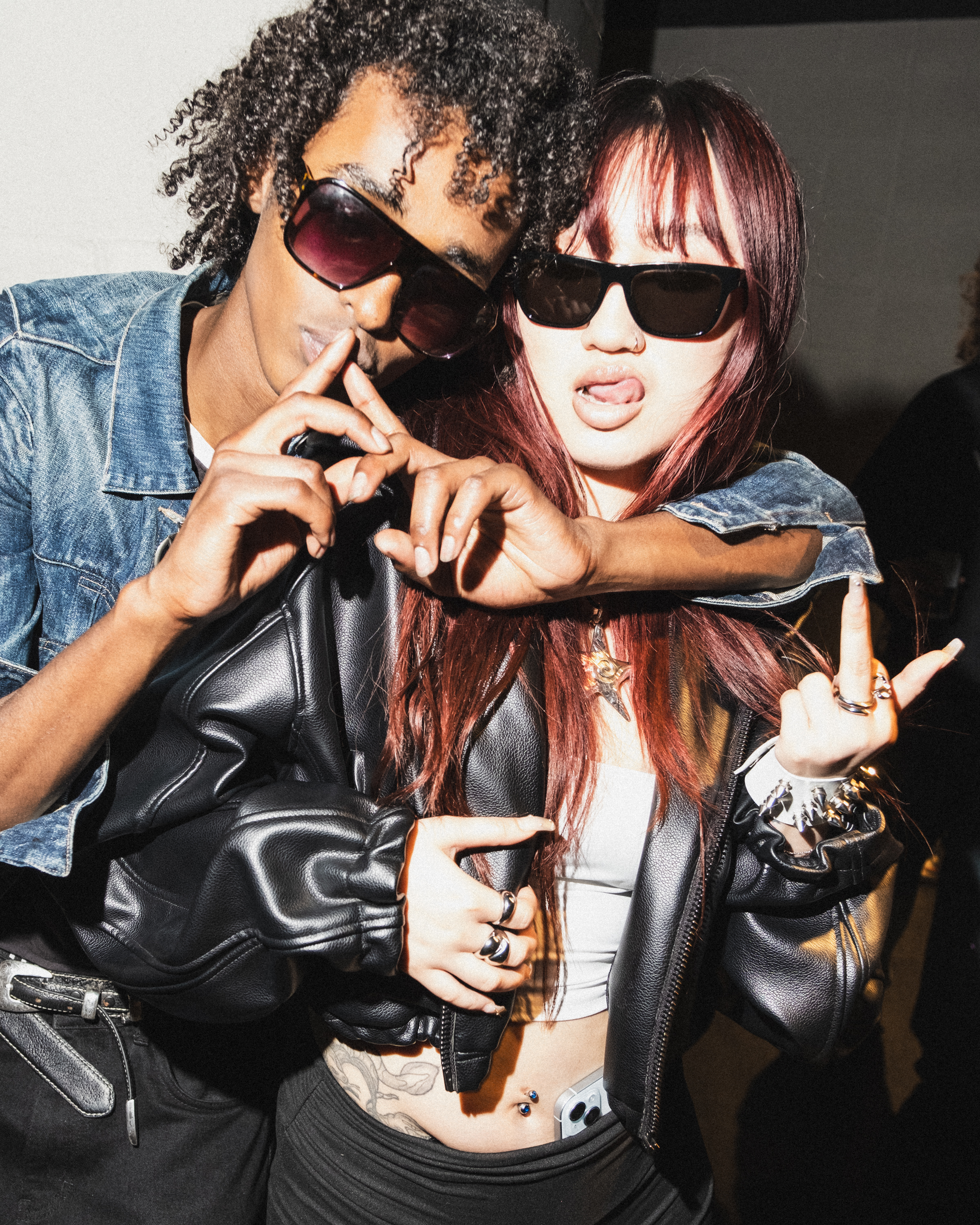
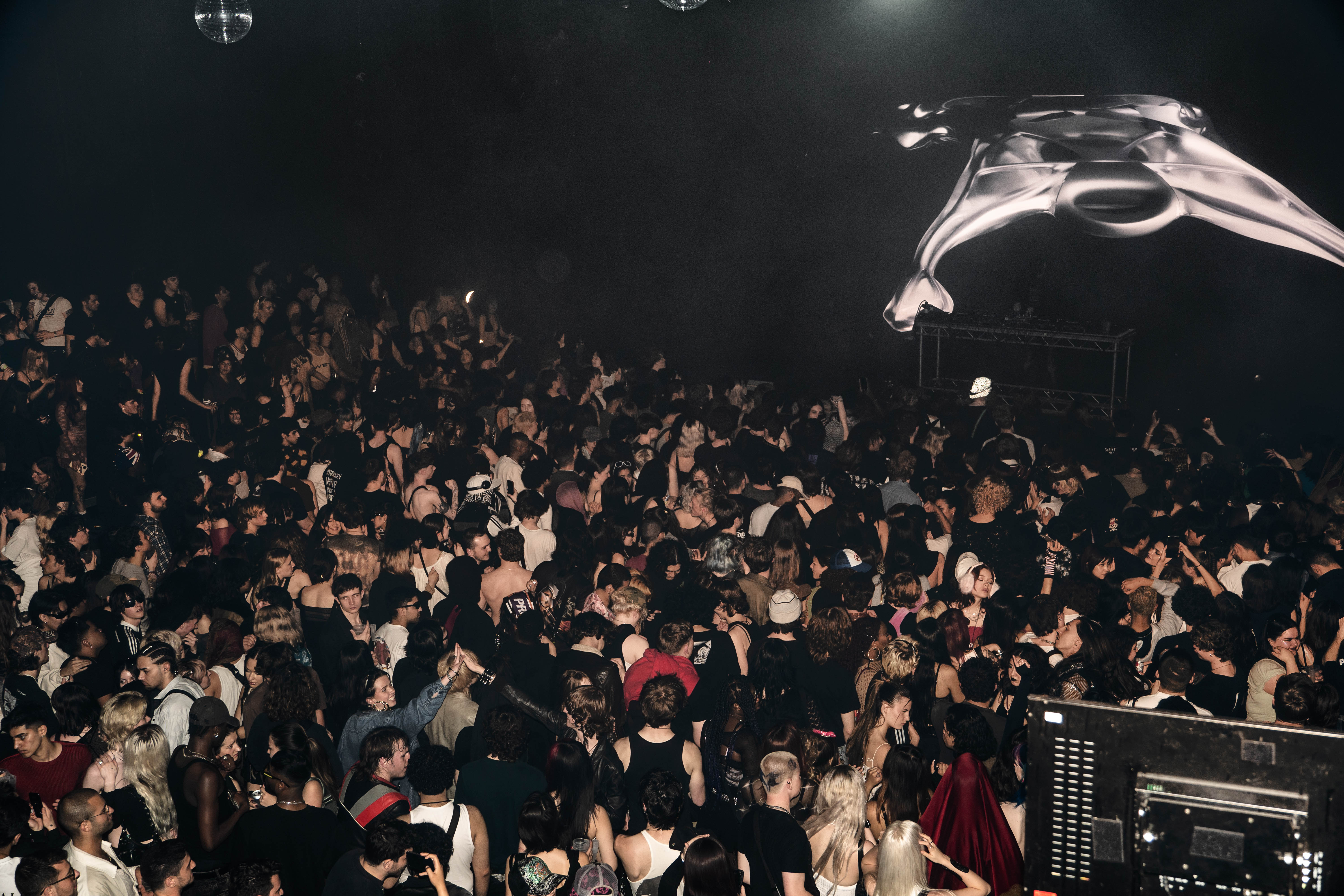



Best moment to date?
Genesys — It's always looking out into the crowd and knowing that we're looking at the future faces of London's great legacy of art and culture.
Equa.ls — Every attendee was given the opportunity to support the next-gen of emerging musicians by collecting their music when they downloaded our app to access tickets. Seeing thousands of pounds going into the pockets of musicians and dozens of artists making more money in one event than they have across their lifetime of streaming was incredible to see ===
What were you looking forward to most at this one?
Genesys — We were so excited to finally properly collaborate with Mowalola, one of London's most prolific creatives, who has believed in us since our first rave in a Brixton underpass. We are also honored to be collaborating with the father of the UK Hardcore sound, DJ Dougal.
Partnering with a tech collective like Equa.ls has opened up so many doors for increasing the immersion of the Genesys experience, such as limited clothing and song releases via QR code. We were so hyped to unveil our special guest, for whom we've been working on a motion-capture performance for the past few months — Hatsune Miku.
Do you consider clubbing good for the soul?
Genesys — When packed tightly into a dark space, not only are sweat and microbiota exchanged, but so is soul data. This is simply morphic resonance; our proximity and shared experiences allow us to communicate in an ancient, pre-linguistic way.
If you could change one thing about the London nightlife scene what would it be?
Genesys — Drugs. The trance state is innate to the human condition; in reality, biochemical augmentation shouldn't be necessary for its attainment. It also creates stigma around underground culture.
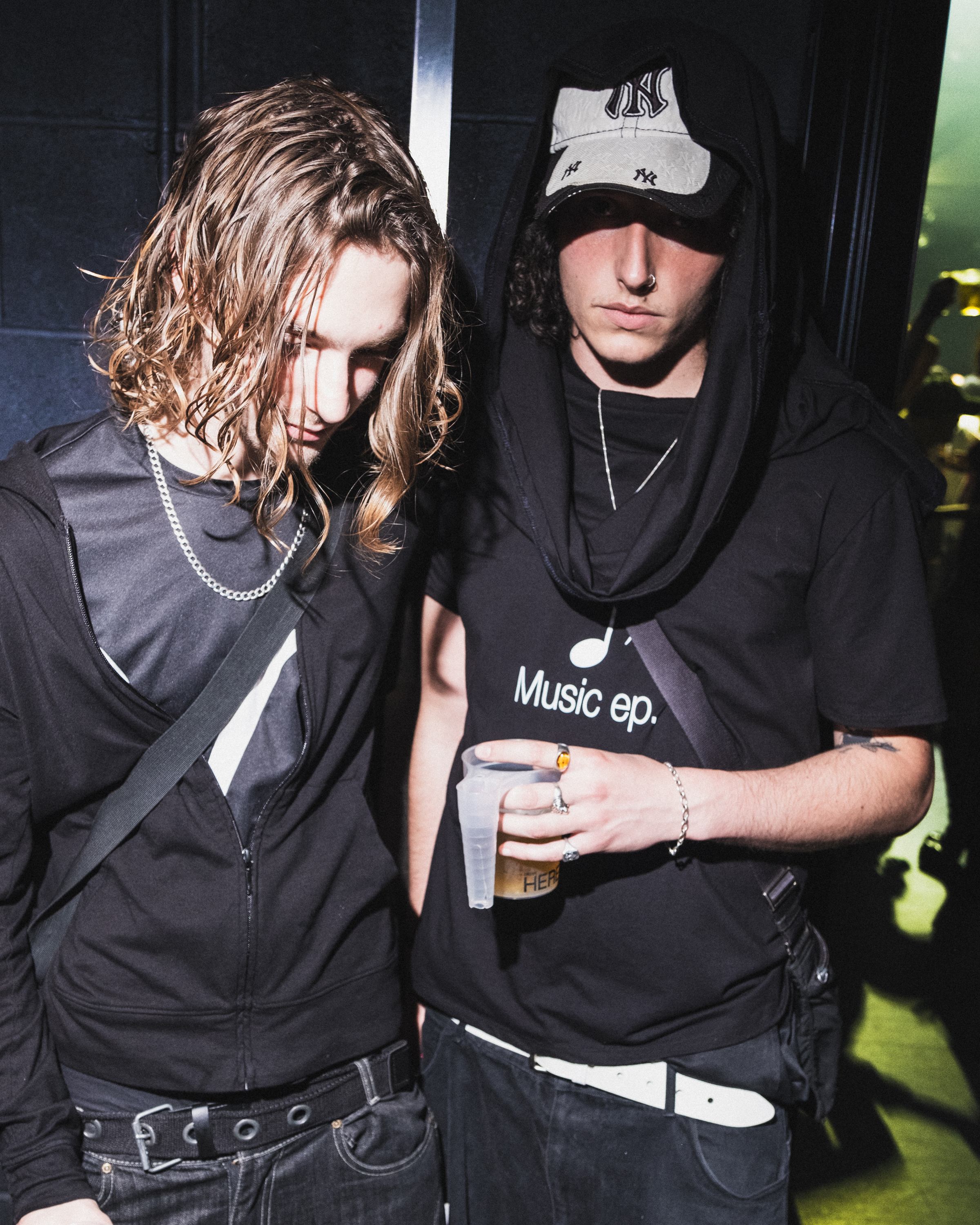

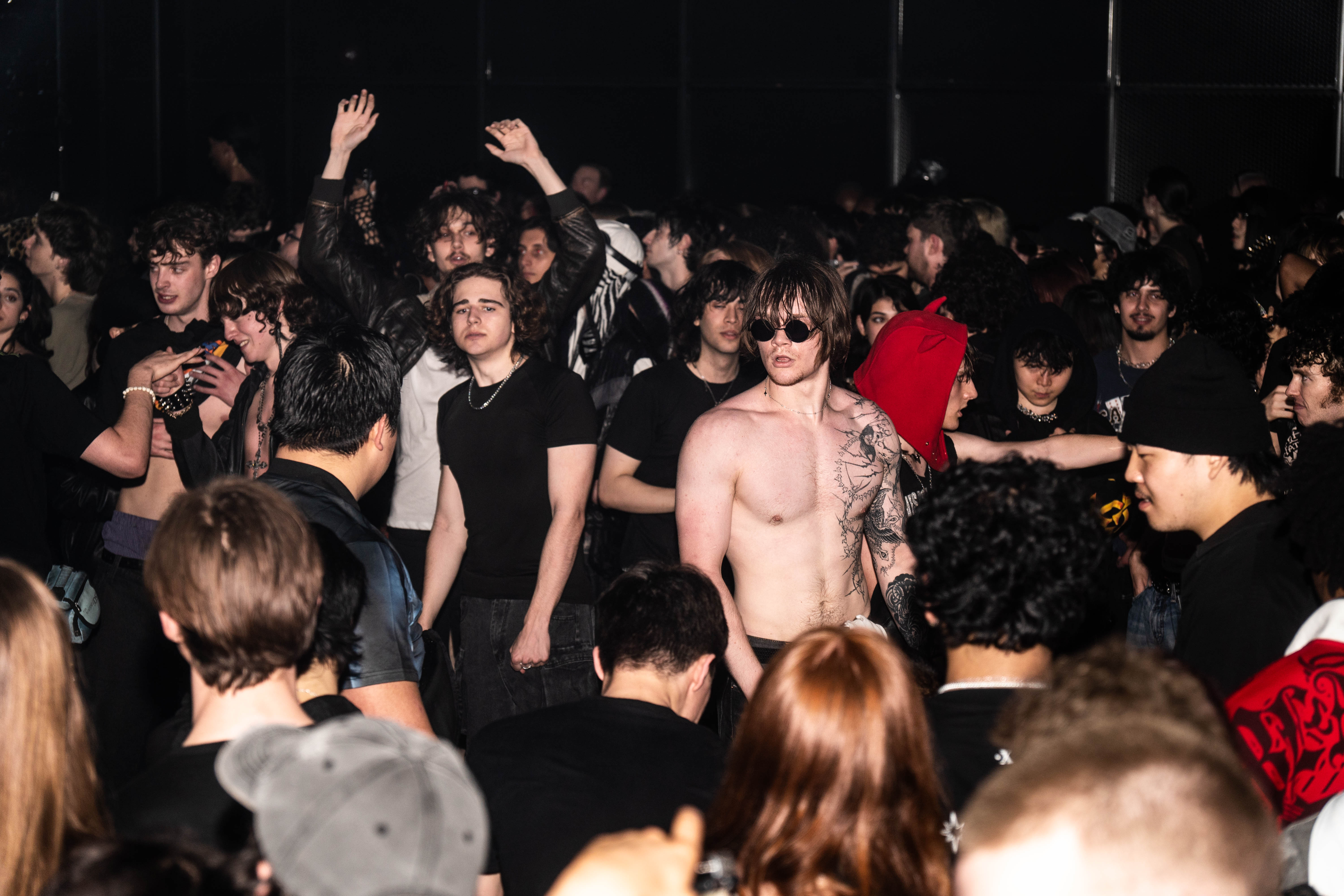
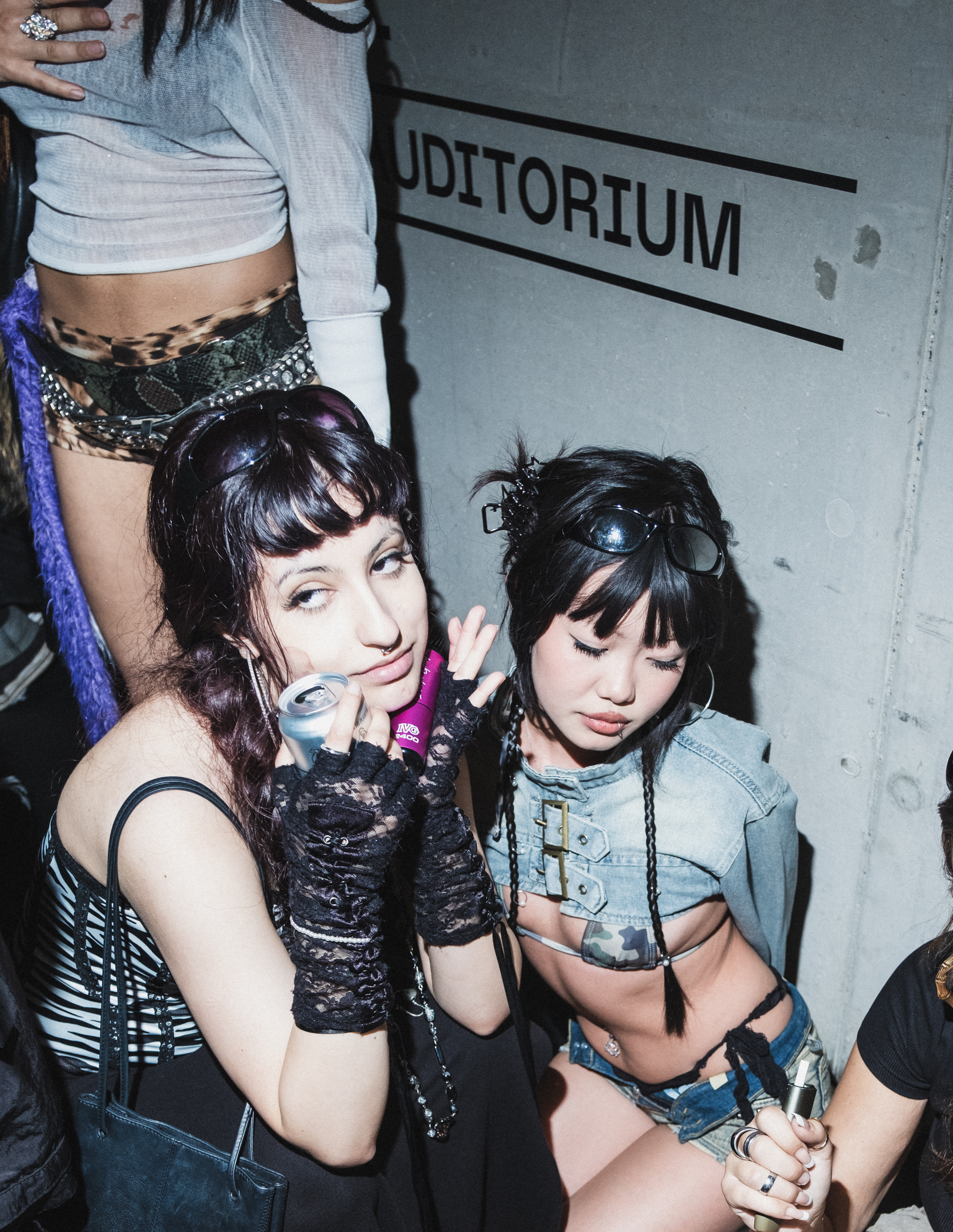
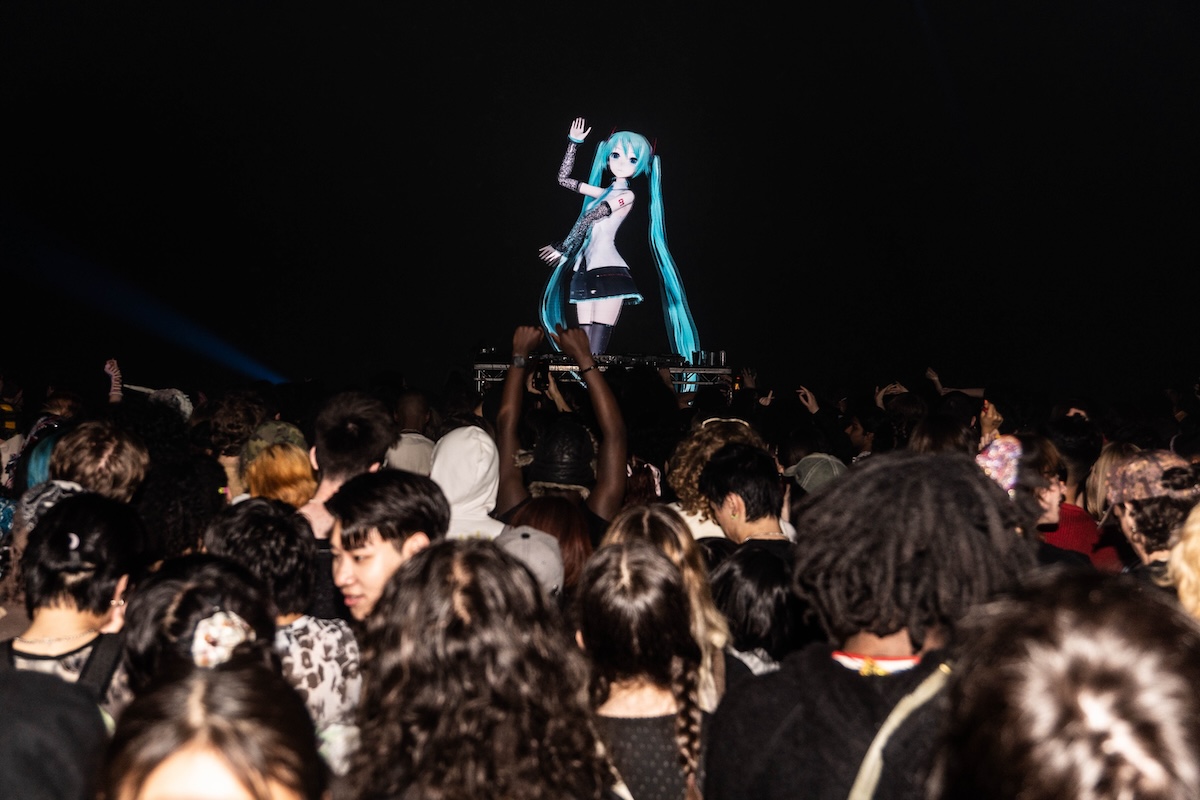

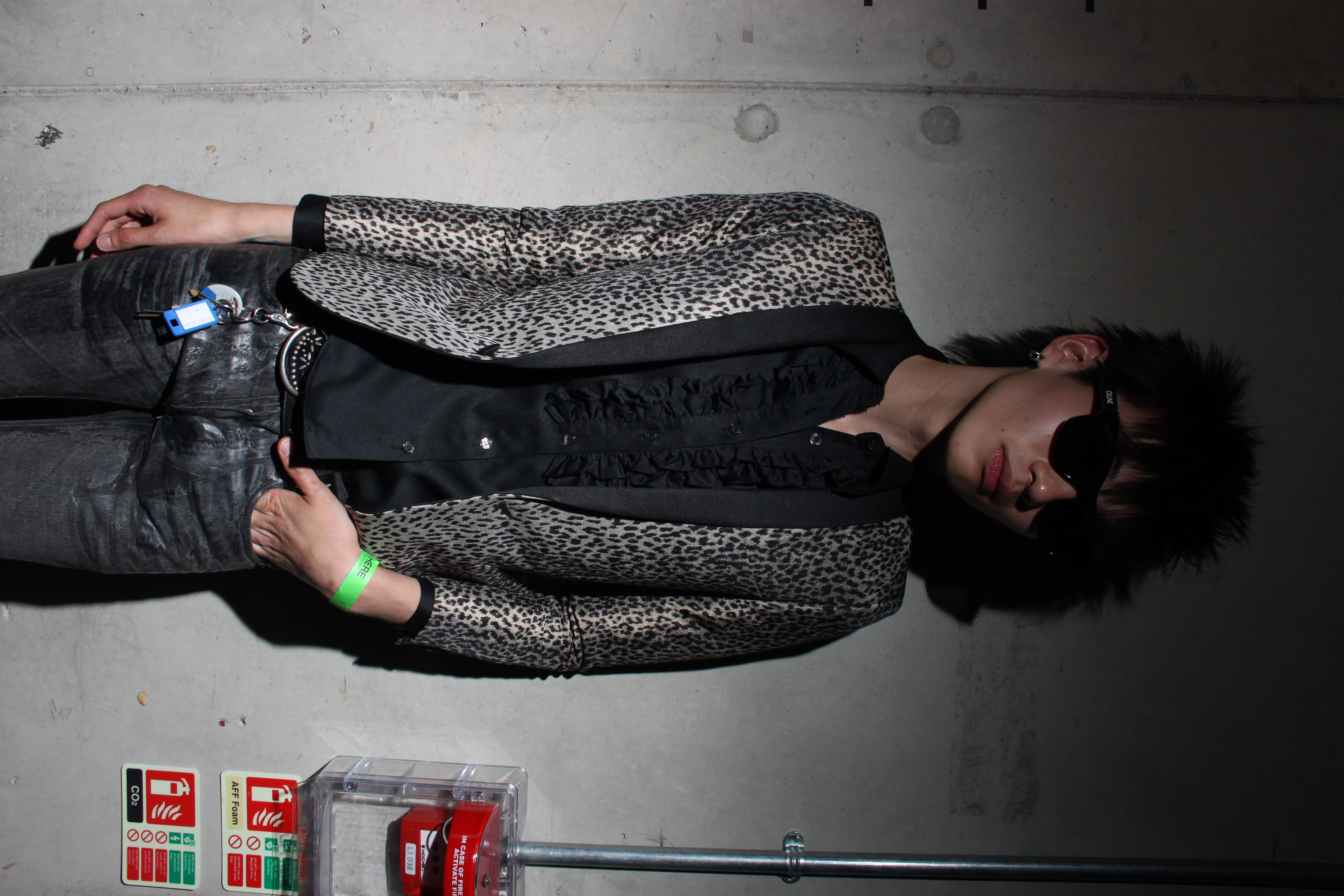
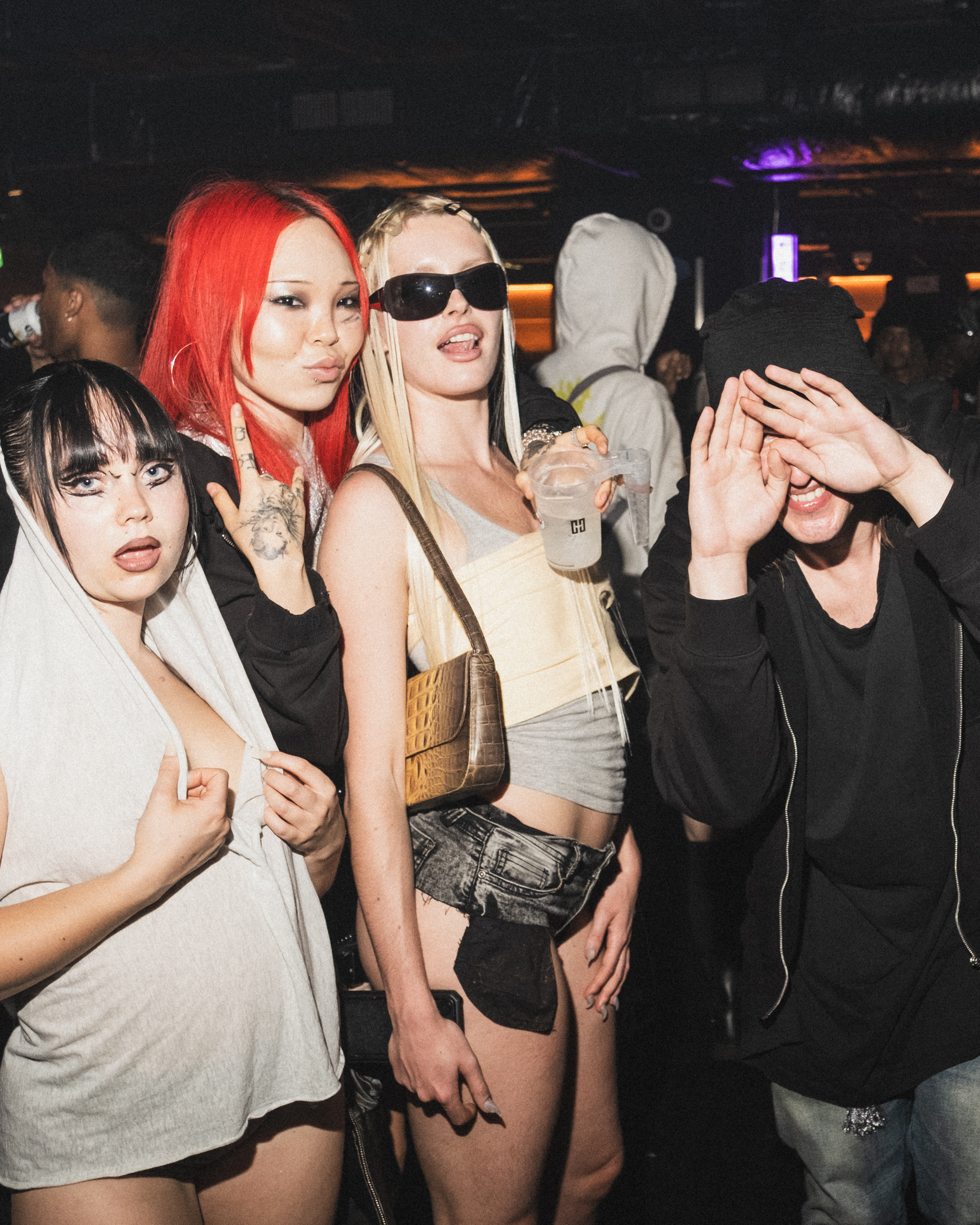
What — or who — is the future of cyberpunk?
Genesys — Every day, cyberpunk becomes less future, and more present. Cyberpunk in its truest essence is just high-tech, low-life, the merging of biology and technology, the eldritch tales that are borne of a world that prioritizes capital over human proliferation. Cyberpunk was speculative fiction for the 80s, and now that it has come to pass, Genesys is for the 2020s. Shoutout to William Gibson.
Any other shoutouts you want to give?
Genesys — Shoutout to 020baby, the greatest audiovisual artist of all time. Shoutout to the Amondawa tribe of Rondonia. Shoutout to the generative power, dynamism and fractal symbiosis of nature. Shoutout to Hideaki Anno too.
Equa.ls — Shoutout to =SteveJobs, Shoutout to =IanRogers . Shout out to =Mowalola and =Dougal for being innovators, releasing music on the night. Shoutout to the =™ team for building technological legacy.